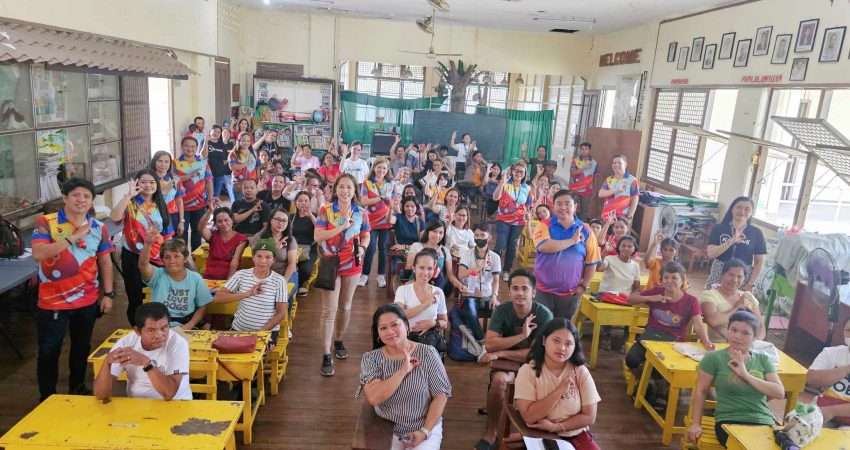Mental Health Awareness Workshops
In a mental health awareness workshop, various activities and discussions take place to promote understanding, reduce stigma, and provide practical tools and resources related to mental health. Here are some common components and activities that typically occur in a mental health awareness workshop:
1. Presentations and information sharing: The workshop may begin with presentations or talks by mental health professionals, experts, or individuals with lived experiences. They provide an overview of mental health, discuss common mental health conditions, share personal stories, and present facts and statistics to increase awareness.
2. Interactive discussions: Facilitated discussions allow participants to share their thoughts, experiences, and questions about mental health. These discussions provide a safe space for open dialogue, the exchange of ideas, and the dispelling of myths and misconceptions surrounding mental health.
3. Awareness exercises: Engaging activities are conducted to help participants gain a deeper understanding of mental health challenges. These exercises may include role-playing, empathy-building activities, or simulations to help participants experience and empathize with different mental health conditions.
4. Education on signs and symptoms: The workshop provides information on recognizing signs and symptoms of mental health conditions. This empowers participants to identify potential issues in themselves, their loved ones, or their communities, promoting early intervention and seeking appropriate help.
5. Coping strategies and self-care: Workshops often provide practical strategies and techniques for managing mental health and promoting well-being. This includes discussing self-care practices, stress reduction techniques, relaxation exercises, and healthy coping mechanisms.
6. Stigma reduction and advocacy: Discussions focus on combating stigma surrounding mental health. Participants explore ways to challenge stereotypes, promote understanding, and become advocates for mental health in their communities. This may involve discussing the importance of language, empathy, and creating inclusive environments.
7. Action planning: Towards the end of the workshop, participants are encouraged to develop personal action plans. They reflect on what they have learned and consider practical steps they can take to prioritize their own mental health or support others in their mental health journeys.
Indeed, the workshop has provided everyone with valuable insights, practical tools, and a sense of community.
Together, minds were nurtured, self-care embraced, and a supportive environment, where all SpEd parents and children can thrive, was created.
A snappy salute to our Partner Speaker, with a big heart, Ms. Corazon “Odah” Castillo-Umali.

